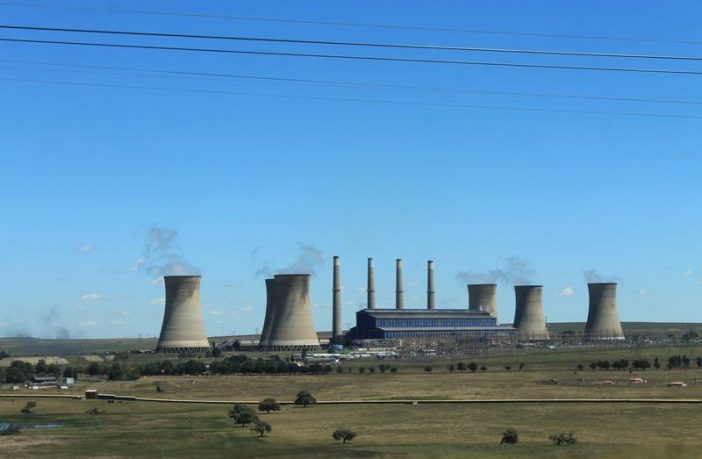- RMI’s new guidance for how financial institutions can play a key role in the managed phaseout of coal power.
Despite renewable energy alternatives being significantly more economically competitive than new or existing coal assets, asset owners are often shielded from competitive pressures and incentivized to continue operating coal plants.
Solving this problem will require significant contributions from both public and private finance. Yet while private financial institutions (FIs) have signaled positive intent to contribute to the energy transition through climate commitments and sustainable finance targets, these same commitments can pose challenges for FIs seeking to finance the decarbonization of high-emitting assets.
First, FIs are being placed under increased pressure to divest or withdraw finance from high-emitting assets, which can impede their involvement with coal power assets outright, even where financial support is explicitly linked to managed phaseout. There is also uncertainty on what a responsible role for FIs looks like in these transactions that can accelerate just, equitable, and climate-aligned coal plant retirements while also securing risk-adjusted returns.
To support FIs in adopting managed phaseout as a viable and effective net-zero financing strategy, RMI’s Center for Climate-Aligned Finance has created two working papers for private FI involvement in financing the managed phaseout of coal power. These papers, lay out guidance on:
- Metrics and targets: How new and supplementary approaches to measuring and disclosing progress and setting targets for managed coal phaseout financing can remove barriers and even incentivize and accelerate FI involvement.
- Financial mechanisms: How, where, and when FIs can use different financing mechanisms to support a transition away from coal power generation while securing risk-adjusted returns.
These papers are designed to offer a starting point for private FIs to play a key role in managed phaseout transactions today, and for other stakeholders, such as standard setters, to help support and collaborate with FIs in this area. Given the nascency of managed phaseout transactions, we expect that this guidance will continue to develop over time.
Link to the full report HERE
Authors: Whitney Mann, Lila Holzman, Shravan Bhat, Eero Kekki, Alex Murray
This article was originally published by the Rocky Mountain Institute (RMI) and is republished with permission.
Disclaimer: The articles expressed in this publication are those of the authors. They do not purport to reflect the opinions or views of Green Building Africa or our staff. The designations employed in this publication and the presentation of material therein do not imply the expression of any opinion whatsoever on the part Green Building Africa concerning the legal status of any country, area or territory or of its authorities.















